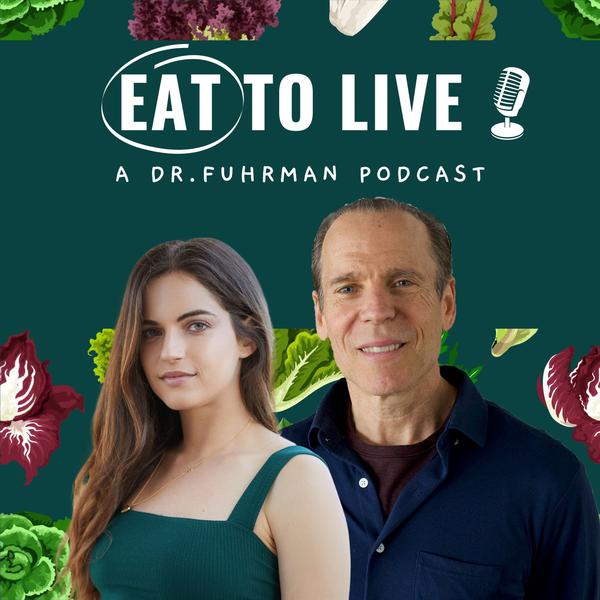
Eat to Live
Jenna Fuhrman, Dr. Fuhrman
Our health is our most precious gift and smart nutrition can change your life. Each month, join Dr. Fuhrman and his daughter, Jenna Fuhrman as they discuss important topics in the world of nutrition. Eat to Live will change the way you eat and think about food.
- More Episodes? Get the App